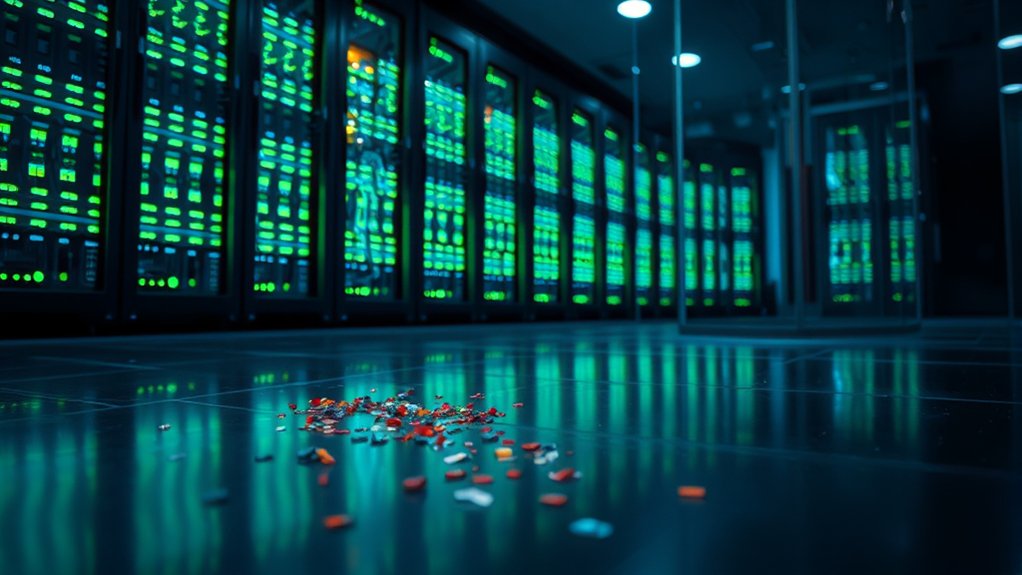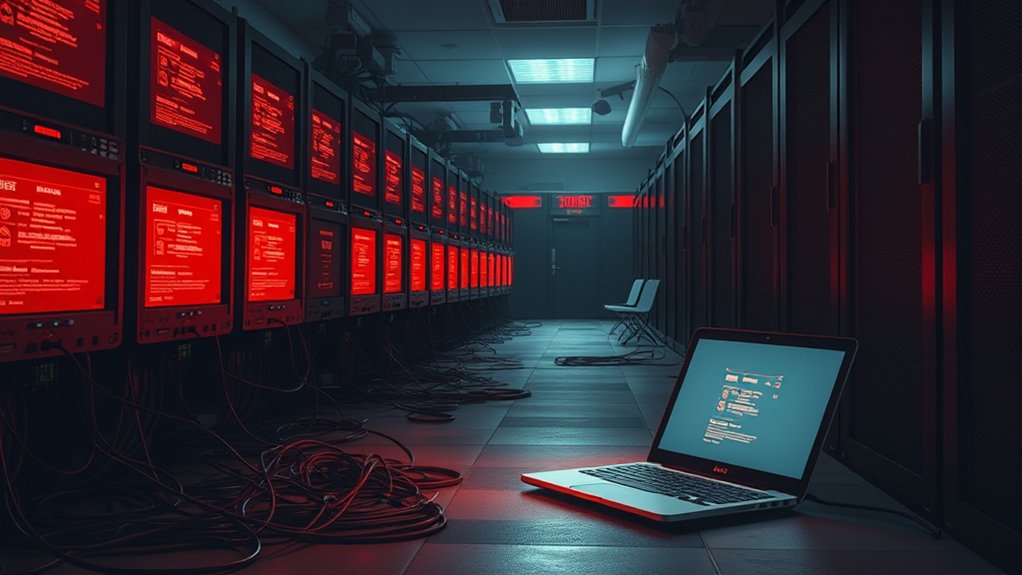What are the implications of a cyberattack on a major distributor like UNFI, particularly for a widely recognized grocery chain such as Whole Foods? The cyberattack that struck UNFI has demonstrated severe vulnerabilities within supply chains that rely heavily on integrated information technology systems. The disruption led to nationwide product shortages, with Whole Foods facing empty shelves as a direct consequence of UNFI’s systems going offline. UNFI detected the unauthorized activity on June 5 and quickly took its entire network offline by June 6, affecting all business systems, including ordering, selection, and shipping processes.
The impact of this incident extends far beyond Whole Foods. As a major distributor for over 30,000 grocery stores across the U.S. and Canada, UNFI’s outage represented a significant disruption to the broader retail ecosystem, categorizing the event as an attack on essential infrastructure. This incident highlights the fragility of just-in-time inventory systems, which are prevalent in today’s supply chains and were rendered vulnerable by the attack. Additionally, UNFI’s network was taken offline after detecting the intrusion, emphasizing the immediate response required during such cybersecurity threats. Furthermore, the attack’s implications underscore the importance of robust cybersecurity measures in protecting critical infrastructure. Modern security protocols like military-grade encryption have become essential for protecting supply chain operations.
In the immediate aftermath, Whole Foods worked diligently to restock its shelves. Nevertheless, many stores resorted to posting notices informing customers of temporary out-of-stock issues, illustrating the direct impact on consumers.
Investors may express increased concern regarding supply chain resilience, as UNFI’s financial performance, which showed net sales of $8.1 billion for May 2025, could face future scrutiny due to the fallout.
Beyond operational challenges, the attack is emblematic of a rising trend in cybersecurity threats within the retail sector, where hackers frequently exploit vulnerabilities through social engineering and third-party compromises. As companies like UNFI examine the situation and collaborate with regulatory bodies, they may consider implementing improved security measures to mitigate such risks.
This incident serves as a significant reminder of the need for vigilance and strong cybersecurity strategies to protect the intricate web of modern supply chains.








